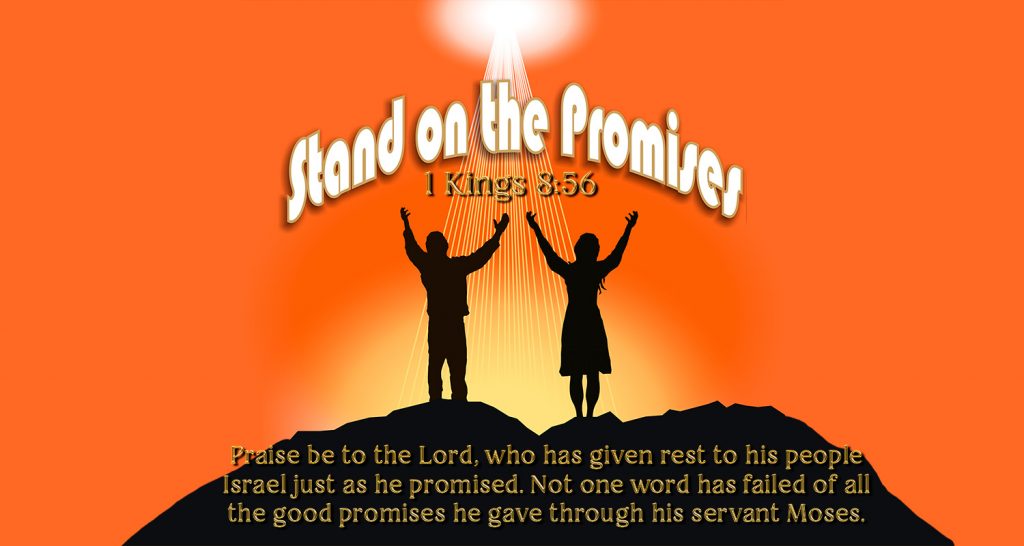“And His name will be called . . . Prince of Peace” (Isaiah 9:6).
Holy Father, in all things, and during every season of our lives we see Your undying love! We hear Your sweet comforting voice, reminding us that You will never leave us nor forsake us, and for this we say, “Thank You Dear Prince of Peace,” Jesus Christ, the Savior of the world! Amen.
We have come to the last name on the list of names given to Jesus as He became one with us:
Prince of Peace: Today we will look at both words in the Webster’s Dictionary.
Prince 1. A male member of a royal family other than the monarch, esp. a son of the monarch. 2. A male hereditary ruler: KING. 3. A man who is the ruler of a principality. 4. A nobleman. 5. An outstanding man in a group or class <a merchant prince>. . .
Peace 1. The absence of war or other hostilities. 2. An agreement or treaty to end hostilities. 3. Freedom from quarrels and disagreement: harmonious relations. 4. Public security and order <arrested for disturbing the peace> 5. Inner contentment: SERENITY. —interj. —Used as a greeting or farewell and a request for silence.—at peace. 1. In a state of tranquility: SERENE. 2. Free from strife <a nation at peace> —hold or (keep) (one’s) peace. To be silent. —keep the peace. (Webster’s II, New College Dictionary, Third Edition)
(Hebrew) sar; from [sârar]; a head person (of any rank or class):—captain (that had rule), chief (captain), general, governor, keeper, lord, ([-task-]) master, prince (-ipal]), ruler, steward. A masculine noun meaning a chieftain, a chief, a ruler, an official, a captain, a prince. The primary usage is official in the sense that this individual has immediate authority as the leader. . . . The word describes the power of a magistrate. . . . sârar primitive root; to have (transitive, exercise; reflexive, get):—dominion:— × altogether, make self a prince, (bear rule) A verb meaning to reign as a prince, to be a prince, to rule. This Hebrew word means literally to rule or to govern as a prince, as is evident in Isa 32:1. This word also may imply an unwelcome exercise of authority over another, as the protest against Moses in Nu 16:13 suggests. (Hebrew-Greek KEY WORD STUDY BIBLE, KJV, Old Testament Dictionary).
The Prince of Peace! How very much needed in our world today!
It was interesting to discover what this name represents, both from Webster’s Dictionary as well as from the Old Testament Dictionary. So let us look at both sources and find their application in the life of the Savior.
Webster’s definition: inner peace, serenity, “I delight to do Your will, O my God,
And Your law is within my heart” (Psalm 40:8). That was where the source of Jesus’ peace was to be found: within His heart. The will of the father was His delight. Anywhere that will led Him, He went in peace. In the Judgment Hall, beaten, bruisd, and ridiculed, He kept His peace, and was silent.
Therefore He could offer us His peace, “Peace I leave with you, My peace I give to you; not as the world gives do I give to you. Let not your heart be troubled, neither let it be afraid” (John 14:27; emphasis supplied).
In every stessful season of my life, Jesus has been there for me. He has become my Peace!
In a state of tranquility: SERENE. Can you see the Savior’s tranquility as He sleeps through the storm in the stern of the boat? When He is awakened by the frantic shouting of His disciples, in perfect calm and composure, He silents the winds and the waves with the words: “Peace, be still” (Mark 4:39)!
But of even greater significance is that, according to the Hebrew definition, He “[makes] self a prince, (bear rule) A verb meaning to reign as a prince, to be a prince, to rule. This Hebrew word means literally to rule or to govern as a prince as is evident in Isa 32:1.”
As God He is self-existent. His position as Prince was not conferred on Him by anyone but Himself! He is God, and Prince of Peace, all by Himself! No one gave Him the title and no one can take it from Him!
Notice also, that this authority is not imposed on others. It can be accepted or rejected (free will)! “This word also may imply an unwelcome exercise of authority over another, as the protest against Moses in Nu 16:13” It is the same word for prince that was used for Moses when the Israelites questioned (rejected) his rule over them.
Did not the Jews question (reject) Jesus’ kingship over them when Pilate wrote the inscription describing Him as, “The King of the Jews?”
“Therefore the chief priests of the Jews said to Pilate, ‘ “Do not write, ‘The King of the Jews,’ ” ‘ but, ‘He said, ” ‘ “I am the King of the Jews” ‘ ” ‘ ” ‘ ” (John 19:21).
Pilate was just the pen in the hand of Almighty God to declare to the world that the Prince of Peace, was not only King of the Jews, but that one day, every eye will see Him (Rev. 1:7) returning to earth, as King of kings and Lord of lords!
What a day that will be! By His grace I intend to be there to welcome Him as my personal Lord and God! What about you?
